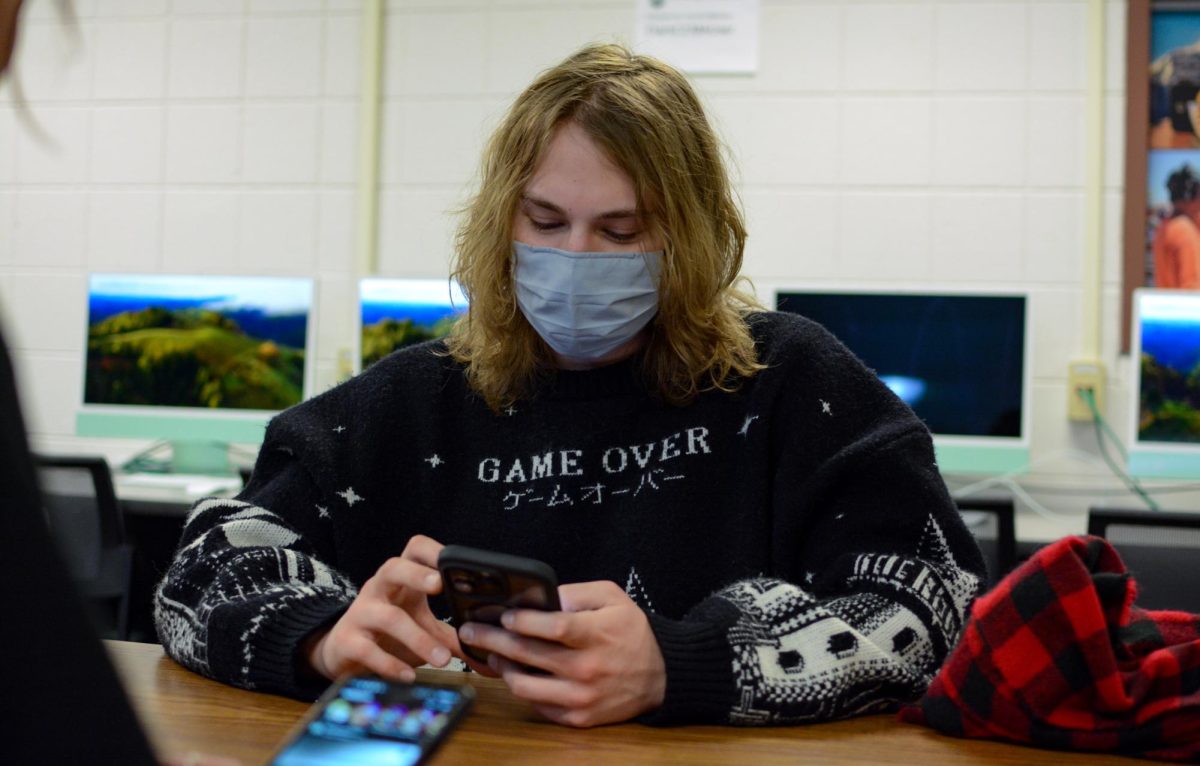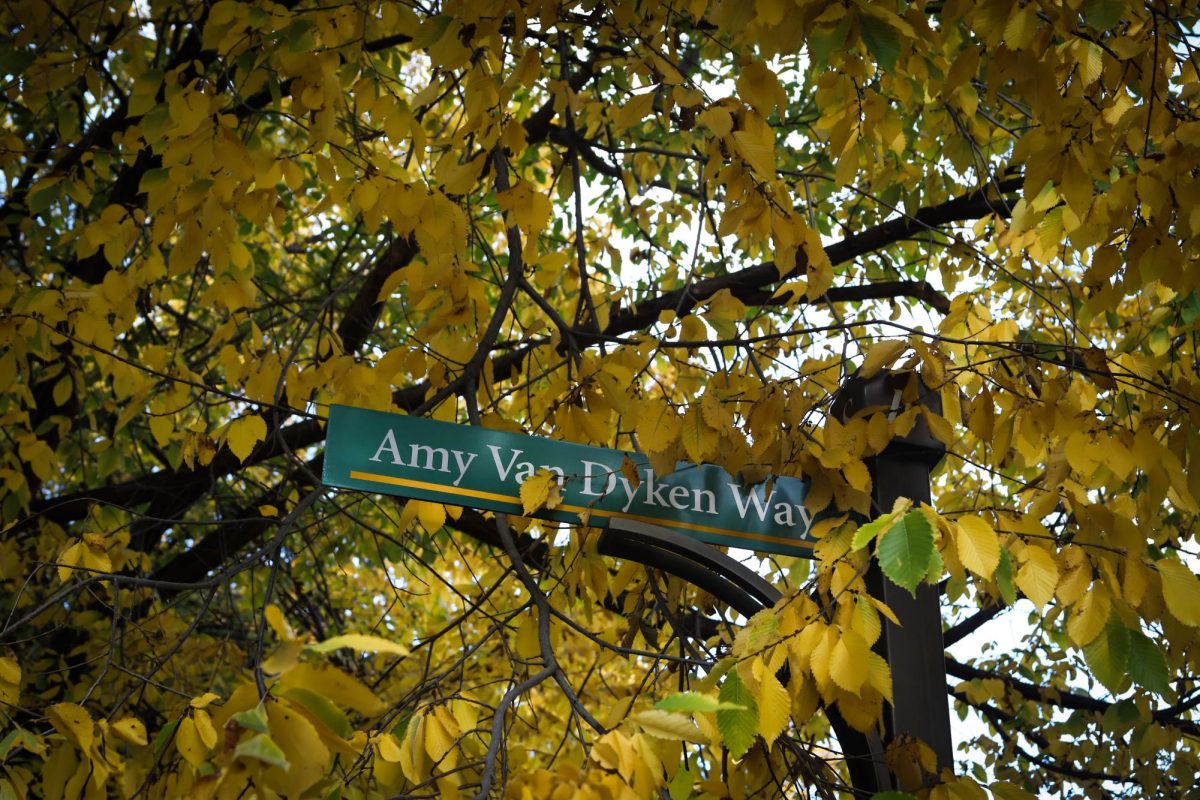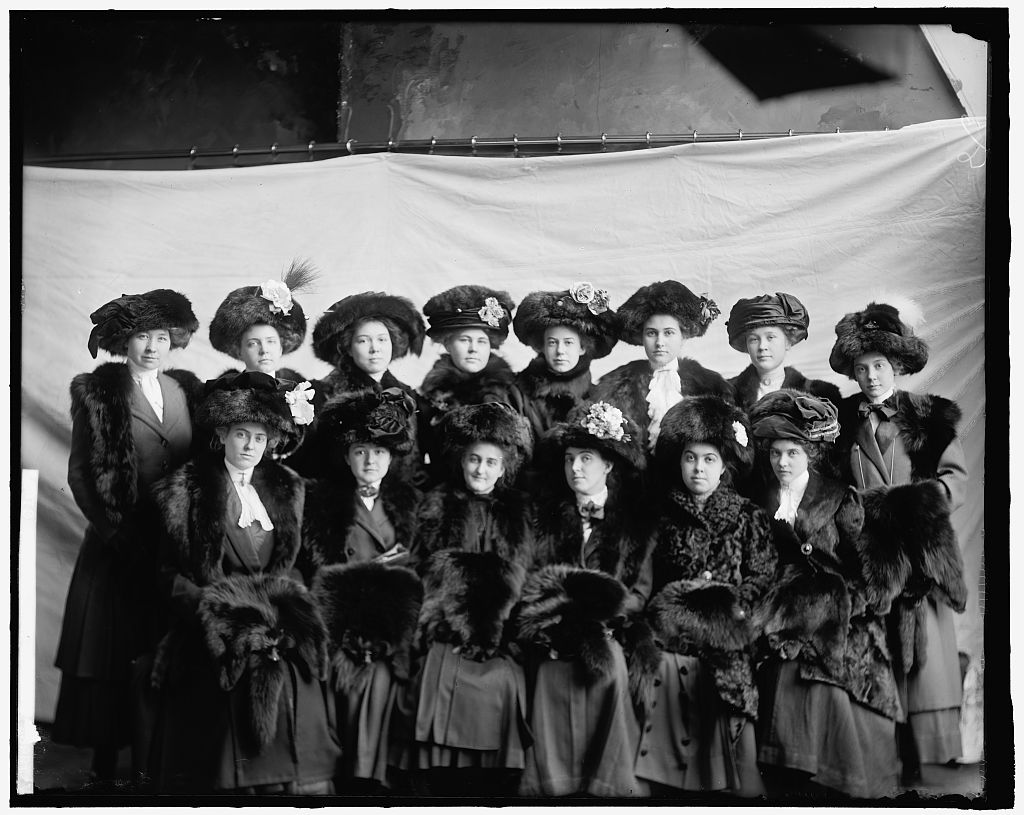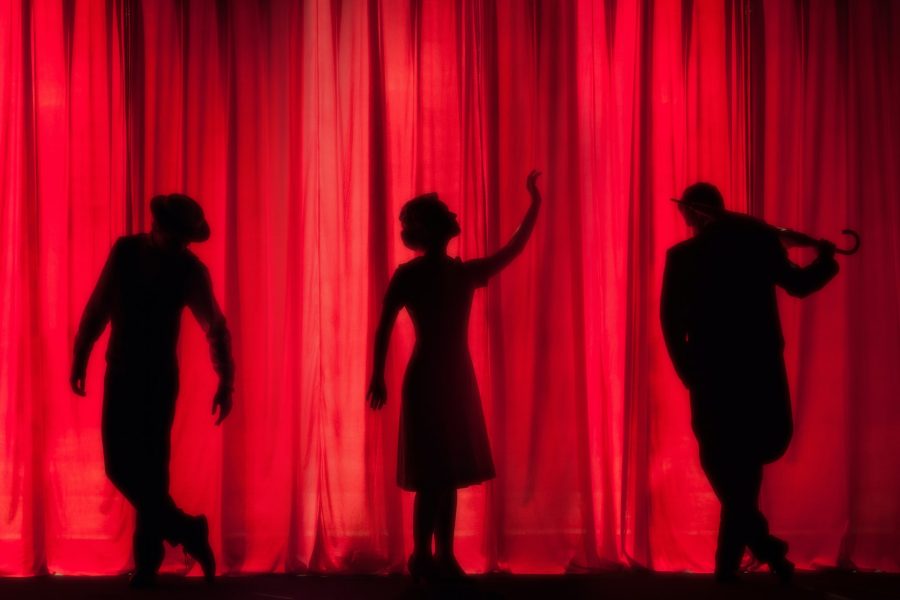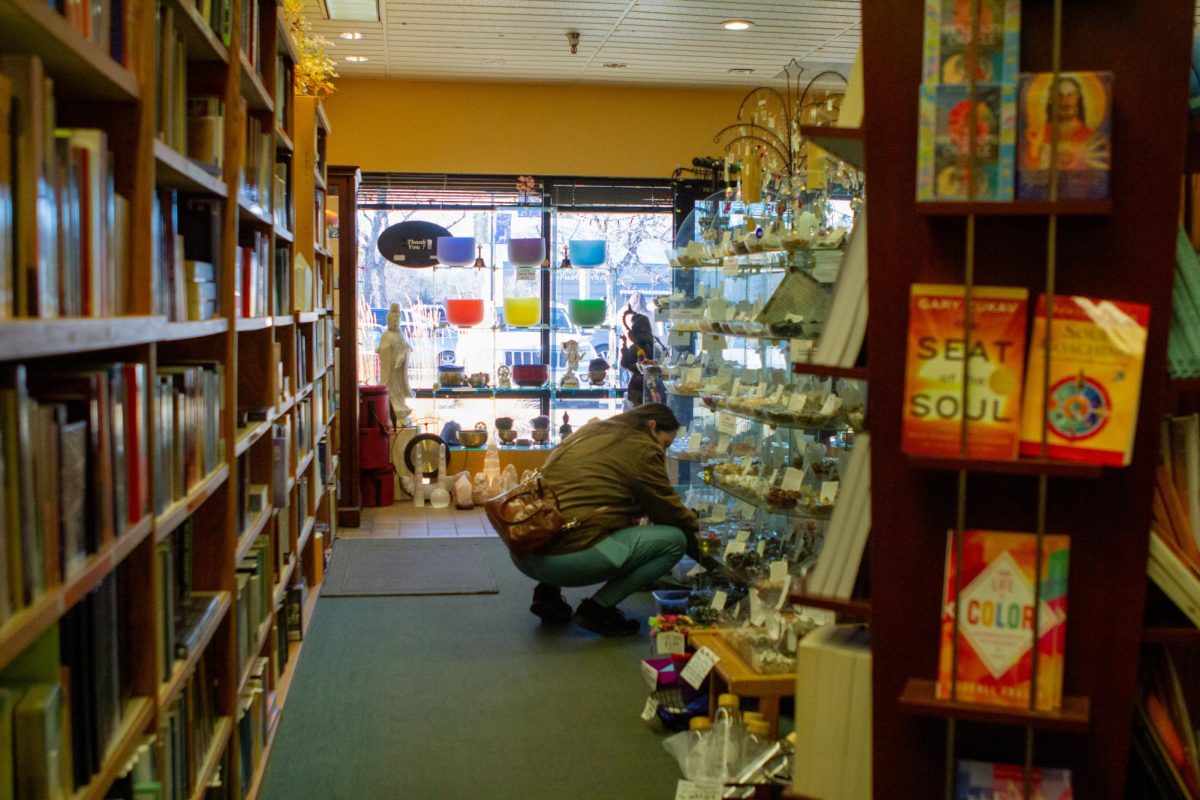The world of fine arts encompasses many different types of performance and industry. From the study of classical music to the creation of lightning and sound design, each element is combined to create the world of music, theatre and dance. This world, however, lacks in diversity.
Women in this industry boast unique experiences in all aspects of the fine arts including the professors and female leaders here at Colorado State University.
Professor Patty Goble, a well respected vocal and performance teacher at CSU, has an extensive performance-based background, having performed on Broadway several times including in the original casts of “Ragtime,” “Phantom of the Opera” and many more. For Goble, her career started later in life.
“I always felt, to be honest, great respect,” Goble said. “I felt that my talent was respected I felt like where I was in that point and time in my life I was an asset to these companies. I never felt that being a female was an issue until I got a little older. When I started on Broadway I was 37, which is older than the norm now. … That started to change in my late 40s, pushing 50, and then I realized that it wasn’t that I was not being respected anymore it’s that the roles weren’t there anymore.”
Goble said roles for older women are few and far between, and that Broadway has a long way to go in terms of respect for the older woman. This may not be a sign of discrimination though. According to Goble, producers are looking to bring in audiences. So what do audiences want? Youth, which can be seen as a symptom of society more than a level of ageist discrimination towards older women in the industry.
“I’m not sure if it’s discrimination or if it’s just a symptom of the industry,” Goble said. “The roles are not written for us … in the way that they are for men. If you look just back in time, we can look at Shakespeare and Ibsen and Shaw and Wilde, even back then to moving forward into Tennesse Williams … There’s more male roles. … For the women, it was very few and far between and you were lucky if you were able to continue.”

According to American Theatre, over 96 productions this year were Shakespeare plays, and yet Shakespeare wrote his female roles to be played by men. Back then, women weren’t even allowed on stage. Yet, theatres across the nation continue to add Shakespeare shows to their seasons instead of producing plays that give a more modern view of the female experience.
“We have to say, again, it’s a symptom,” Goble said. “Do we value the young, vibrant woman who is sexy and young and cute and thin and healthy and beautiful? Or, do we value the woman with experience who is still sexy but in a different way? Who is still beautiful but in a more mature way who has had life experiences to offer who can still teach a very meaningful and impactful story. … It’s a very hard discussion to have because it’s more a symptom of our society.”
“Do we value the young, vibrant woman who is sexy and young and cute and thin and healthy and beautiful? Or, do we value the woman with experience who is still sexy but in a different way?” — Patty Goble, vocal and performance teacher at CSU
In the world of performance, age may become liability but for composers and conductors, it can be an asset. Dr. Rebecca Phillips, the director of bands at CSU, had a very different experience in the world of fine arts.
After receiving her degree in music education and teaching for four years, Dr. Phillips received her master’s degree and would then go to receive her doctorate in conducting. After teaching for a while and working with a variety of bands, Dr. Phillips became director of bands at Colorado State.
“What I do is I look over the budget and make sure we are categorizing spending on our students,” Dr. Phillips said. “They are our focus, that’s why we are here. So we are spending money in such a way that we continue to make their experience the best it could possibly be … The marching band is over 80 percent non-majors. So we are creating an experience so that people love music and they keep it in their life.”
While Dr. Phillips has made strides in the industry and has gained an immense amount of respect of the musical community, she still felt a lack of female professionals in the world of conducting.
“When I started to get my doctorate, I started to realize that there weren’t a whole lot of people getting their doctorate who were females,” Dr. Phillips said. “For a whole lot of reasons. Some of its family; some of it’s when you stop teaching or working and go back to school (and) you have to figure out how to live. And, maybe the guy goes to school and woman keeps working and gets them through because, in the end, he is probably going to make more money. Which is the reality right now, unfortunately.”
“When I started to get my doctorate, I started to realize that there weren’t a whole lot of people getting their doctorate who were females.” — Rebecca Phillips, director of bands at CSU
When Dr. Phillips came to Fort Collins she faced some discrimination, mostly from young men, which she attributed to ego and a lack of experience and diversity.
“In terms of diversity … it has been interesting to watch as I move through various professional organizations,” Dr. Phillips said. “Usually when I’m dealing with the older people the more respect I get… you would think it would be the opposite… It’s just different with that younger generation they just don’t know and don’t have the experience.”
Another member of the fine arts world is Debbie Swann. She is a theatre performance professor at CSU focusing on classical theatre, including Shakespeare.
“I don’t know if as a woman I had a unique experience,” Swann said. “When I was in high school I loved theatre and was cast in a lot of stuff. But I was good at a lot of things too. I really enjoyed science and I liked writing. So I didn’t necessarily see myself as a theatre major, and like a lot of theatre majors with parents who are worried about their futures, I don’t think they were necessarily really excited to have me be a theatre major. But when I went to college I found out I wasn’t just getting cast in high school I was getting cast in leading roles in college and it started to look like a viable option for me.”
Swann ended up going to graduate school for theatre and directed a play written by another student. The play focused on the other student’s experience in the military, and according to Swann they worked well together and trusted one another. The directing advisor, however, seemed to dislike Swann directing this particular play.
“I walked into rehearsals to find my actors holding pre-rehearsal rehearsals with (the playwright’s) advisor,” Swann said. “The playwright had not asked him to do so, but his advisor did not trust me for whatever reason. Although, I couldn’t help but feel it was because of my gender that he did not trust that I would do an adequate job with this material. Because how would I be able to relate to war and the ‘woo-a’ style of the military.”
Swann also had a good relationship dynamic with her husband who encouraged her and followed her when she attended graduate school.
“What does my heart want what does my head want? I think women struggle with that more than men do.” — Debbie Swann, theatre performance professor
“I was with a guy that I knew I was going to end up marrying…,” Swann said. “And for the first time, I think I realized … am I going to make the decision that all my (female) friends would make, which is ‘go follow the guy’ … or am I going to pursue what I personally really want to do and professionally really want to do? So I think that was one of the first times that I was faced with a dilemma. What does my heart want what does my head want? I think women struggle with that more than men do. I lucked out because I chose my head and I went to graduate school and my heart followed me.”
Swann’s graduating class was an eclectic bunch though. She graduated with only two straight White males out of the 10 that were in her master’s program, making them the minority. Swann was the only one to get a job in higher education, mostly due to job security and the competitive nature of higher education positions.
“I find that unfortunate,” Swann said. “Because I think we are always talking about diversity in thinking and diversity in choices and you only learn by the more people you have encounters with.”
Swann and Goble are the only two female theatre performance teachers that remain at Colorado State after Laura Jones, a former tenured professor, left the university this past year.
“Unless there are true and meaningful changes and true and meaningful discussions on how do we change this,” Goble said. “I don’t want to say, ‘Okay let’s celebrate women because they are women.’ How do we change our society into valuing women’s intelligence and their sensitivities and their emotional sides? How do we capture that and celebrate that into a place that can open up avenues for women?”
“How do we change our society into valuing women’s intelligence and their sensitivities and their emotional sides?” — Patty Goble, vocal and performance teacher at CSU
Goble has suggested the possibility of a women’s playwright festival to introduce more female playwrights to the stage as well as musicals that focus largely on the experience of all women, not just the youthful side of the female experience.
“No one ever turned to my husband and said ‘do you think you can have it all,’” Swann said. “Of course he can have it all. He can have the wife and the family and the job and the house and the hobbies, and no one has ever asked him how he juggles it all. I get asked that a lot.”
All three women agreed while fine art lacks female storytelling, women of color are even less represented. Both Dr. Phillips and Swann had only two women of color that worked with them throughout their professional careers.
“As women in the profession, or any minority, I think that music is part of everyone’s life,” Dr. Phillips said. “And I don’t think it matters where someone is from and I don’t think it matters what continent. I think if someone loves this and wants to make it their profession they should never let anybody get it the way of that. … We’re happy to make a home for anyone who wants to do this. We don’t care where they come from. Music is supposed to be an international language and so it should look very international.”


